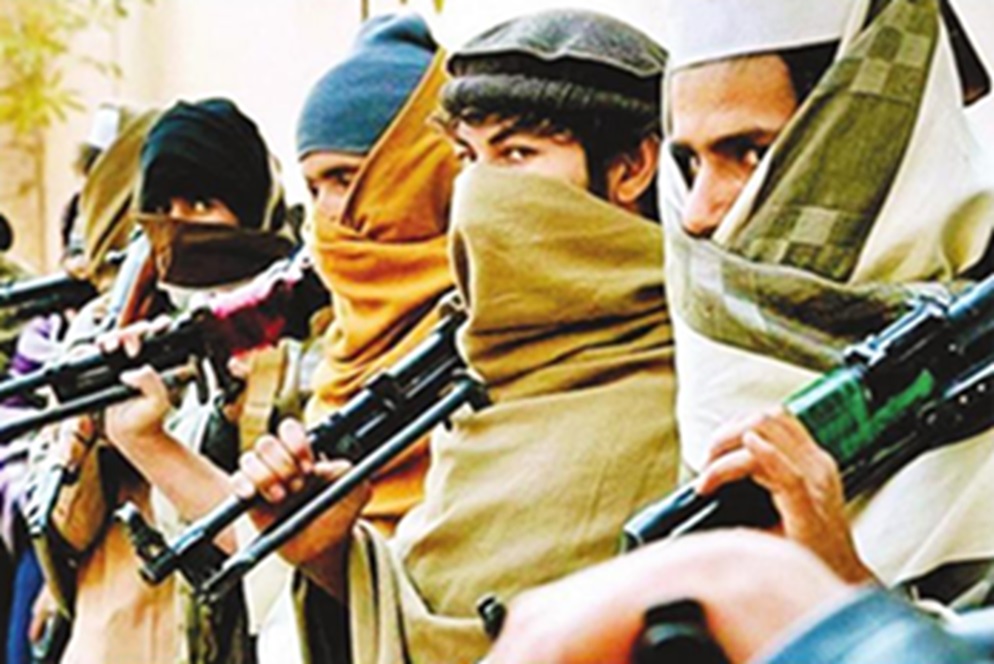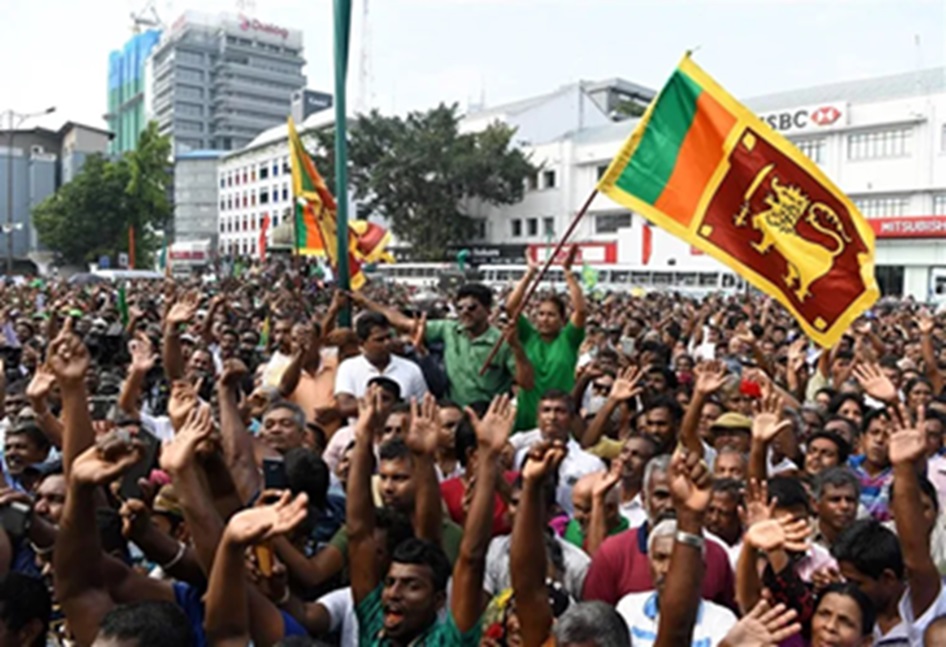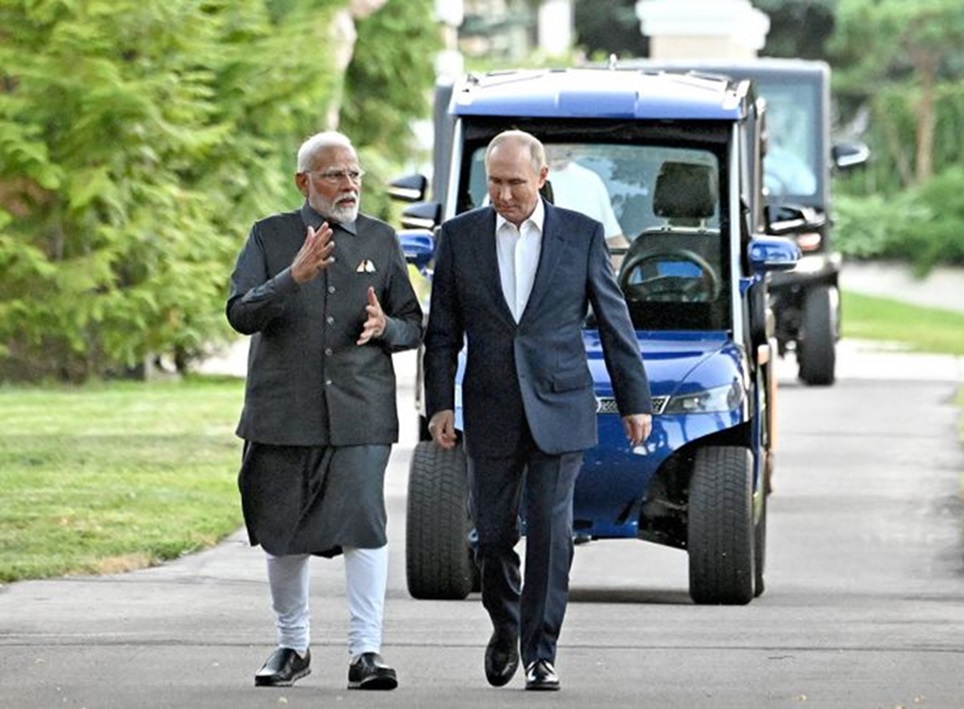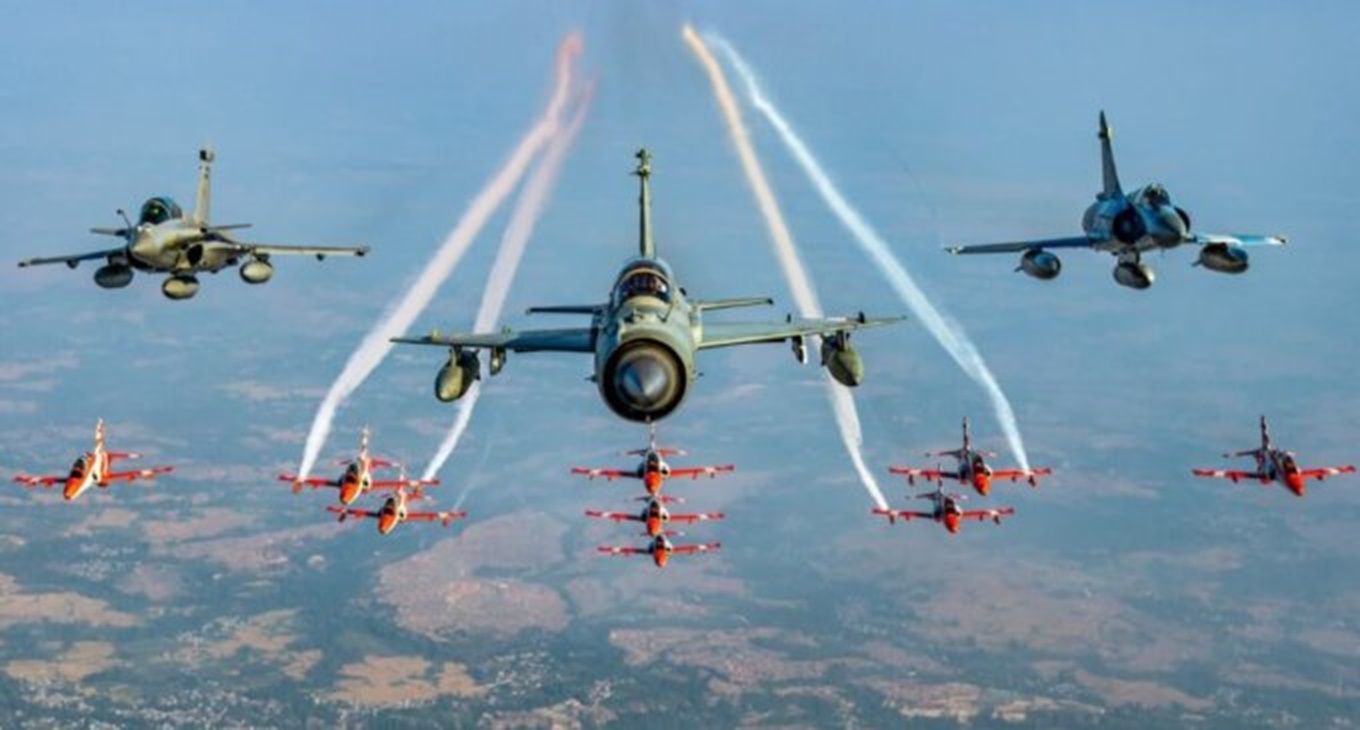Vietnam has a long land border of 4,550 km bordering neighbours like China, Laos and Cambodia and the coastal line along the South China Sea to the East.
Vietnamese President Vo Van Thuong’s visit to Lao PDR, April 10-11, 2023, has been prominently highlighted in several Laotian local newspapers; Pathet Lao, a publication of the Laos News Agency KPL, has hailed the visit as “an exemplary relationship that never fades in international relations”, and Pasaxon, the official newspaper of the Lao People’s Revolutionary Party (LPRP) noted that the visit will “strengthen the great friendship, special solidarity and comprehensive cooperation between the two nations”.
Good neighbourly relations are perhaps the most important reason for President Vo Van Thuong to visit Lao PDR. In his inaugural address to the nation on 2 March 2023, President Thuong had pledged, among many other issues relating to the Vietnamese people and the country, to “maintain a peaceful and stable environment for national development…and actively contribute to peace, friendship, cooperation, and development in the region and the world”.
Needless to say, Lao PDR is an important neighbour, a member of the ASEAN, and a regional partner concerning issues related to the Mekong region. In this context, Prime Minister Pham Minh Chinh and his Lao counterpart Sonexay Siphandone held a working session in Vientiane on April 5 to “review the implementation of the agreement between the two Politburos”. Perhaps of note is the commitment made by the two leaders to assiduously pursue various ongoing agreements and cooperation plans relating to diverse fields i.e. Vietnam-Laos cooperation strategy agreement for 2021-2030; and the Vietnam-Laos bilateral cooperation agreement for 2021-2023. The bilateral trade is growing and exceeded US$ 1.7 billion (2022) “up over 24% annually, exceeding the set target of 10-15%.”
The Mekong sub-region is important to both countries and the leaders emphasised development and connectivity issues. Of particular importance are the projects related to Vung Ang 1, 2, and 3 seaports, Nong Khang airport, and East-West road and rail transport connectivity projects. It must be noted that Lao PDR is a landlocked country and ports in Vietnam provide the country access to the sea to engage in international seaborne commerce through the South China Sea. In this context, the Asia Development Bank (ADB) supported 1,450 kilometres long East-West Economic Corridor (EWEC) joint project terminates at the Vietnamese port of Da Nang which is a major gateway to the Pacific. Its western leg includes Thailand. Similarly, the 555 kilometres railway link between Vientiane and the Vietnamese deep-water port of Vung Ang is important. It also gives Laos PDR yet another access to the sea. Importantly, it is being jointly developed and Laos would hold a 60% stake in the project, and Vietnam with 40%.
The development and connectivity issues are not just limited to Vietnam and Lao PDR; instead, these are intricately tied to Cambodia too. In particular, the Cambodia-Laos-Vietnam Development Triangle Area (CLV-DTA) merits attention. China is also engaged in connectivity projects in Lao and the Laos-China Railway project was finally operationalized in December 2021. In the first ten months “8 million passengers and 5.7 million tons of cargo, including 1.4 million tons of cross-border cargo” were transported. It may be correct to assume that the three countries have decided to insulate themselves from any politico-strategic contestation that they may attract China.
The strong bonds of friendship between the military leaders of both countries are noteworthy. Vietnamese Deputy Defence Minister Sen. Lt. Gen. Hoang Xuan Chien has called the bilateral defence relationship “comprehensive and effective”. Both sides celebrated the year 2022 as the Vietnam-Laos and Laos-Vietnam Friendship Year by organizing activities that had strong “practical significance” thereby creating ambient conditions that promoted the “special, faithful and pure relations” through defence cooperation.
Earlier in March 2023, both sides held the deputy ministerial-level defence policy dialogue and the officials acknowledged the central role of the ASEAN-led mechanisms to ensure regional peace and stability through diplomacy and cooperation both among the ASEAN members and with external partners and expressed concern over uncertainties particularly the East Sea (South China Sea) which is important to both Vietnam and Lao PDR.
The bilateral defence cooperation has been good and their Military Zones and Border Guard commanders have been “exchanging information, promoting the efficiency of exchange and twinning models, fighting crimes and organizing border friendship exchanges, contributing to the Vietnam-Laos borderline of peace, friendship, cooperation and development”. Importantly, both sides also acknowledge the strategic importance of trilateral defence friendship exchange at the ministerial level between Vietnam, Laos, and Cambodia, the annual meeting of the three defence ministers, and a joint exercise later this year.
Finally, the visit by President Vo Van Thuong visit to Lao PDR must be seen as an endorsement of Hanoi’s commitment to being “a friend, a trustworthy partner, and an active and responsible member of the international community”.
Disclaimer: The views and opinions expressed by the author do not necessarily reflect the views of the Government of India and Defence Research and Studies.
Title image courtesy: Nation Thailand





